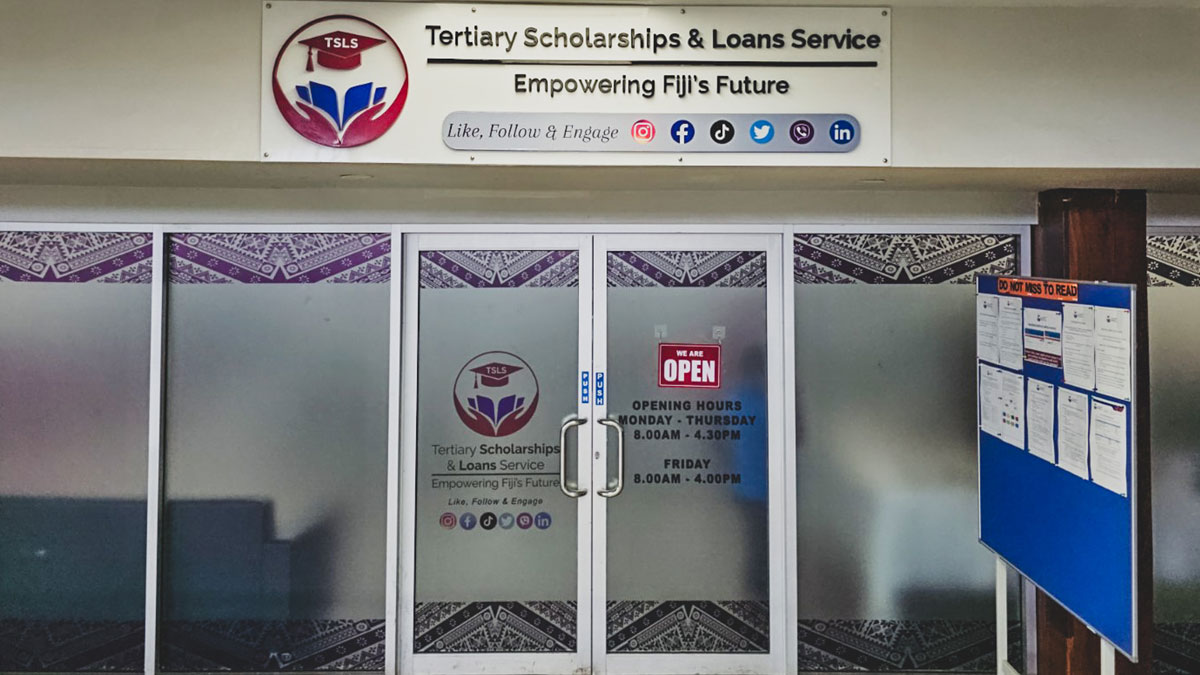
All outstanding TELS debts except for TELS In-Service Scheme as of the 31st of this month will be converted into bond.
Tertiary Scholarship and Loans Service CEO, Dr. Hasmukh Lal says the students will not be required to pay but must demonstrate their service to the country through paid employment which can be either in public or any private sector organisation.
The TSLS CEO says if they have provided the service already, they can obtain a clearance letter from the Fiji Revenue and Customs Service.
Deputy Prime Minister and Minister for Finance, Professor Biman Prasad has stated that the Scholarship for Higher Education – Level 7 Local Scheme with Minimum Cut Off Mark Scheme will phase out TELS for the Degree Scheme.
New students on tuition-only loan will be serving a bond period of years of study multiplied by 1.5, and years of study multiplied by 2 for students with both tuition and allowance.
The cut-off mark will be 250, while 245 will be for rural and maritime students.
The cut-off mark for Commerce will be 280, and for Engineering at 300. These cut-off marks have been set based on the labour market needs, university enrolment capacities and the need to maintain tertiary education quality.
The Skills Qualification Based on Offer Letter Scheme will phase out TELS for Skills Qualification Scheme at the Fiji National University.
The Government will offer funding for Technical Vocational Education and Training (TVET) to other providers in areas of national priority.
The Tuition Only Hardship Assistance Scheme for private students is a new scheme aimed to assist students enrolled in degree programmes from second year onwards with a Grade Point Average of 65 percent. Students qualifying for this scheme will be bonded and should not have a combined parental income or business net-worth of more than $100,000, unless allowed via means testing.
The scheme will have 2,600 awards, while 250 awards is ringfenced for MBBS.
The National Toppers Scholarships will be renamed to Merit-based Scholarships.
Given the challenges faced by rural and maritime schools, Government intends to build equity through the schemes.
Students in schools classified as rural and maritime will have a lower cut-off mark of 320 compared to the cut-off mark of 330 for non-rural and non-maritime schools.
Stay tuned for the latest news on our radio stations

